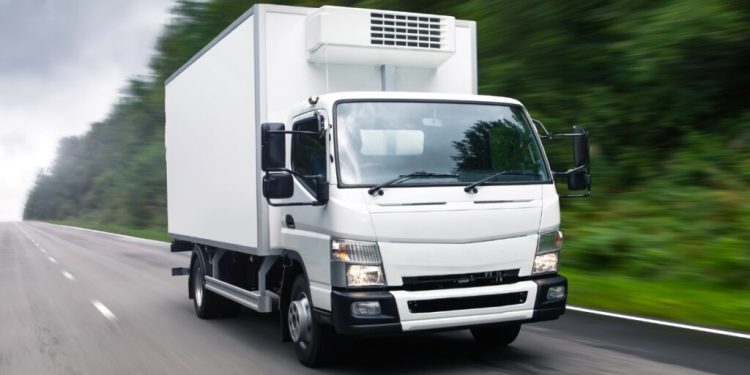Leasing a box truck can be a smart solution for businesses or individuals needing a reliable vehicle for transporting goods without committing to full ownership. Box truck leasing offers flexibility, cost savings, and a range of benefits tailored to meet specific operational needs. In this article, we’ll explore the essentials of box truck leasing, its advantages, and what to consider before signing a lease.
What Is Box Truck Leasing?
Box truck leasing is an arrangement where businesses or individuals rent a box truck for a specified period rather than purchasing it outright. These trucks, known for their enclosed cargo area, are ideal for transporting goods, equipment, and other items securely. Leasing agreements typically include options for maintenance, insurance, and other add-ons, making it a hassle-free solution for many.
Benefits of Box Truck Leasing
1. Cost-Effective Solution
Leasing a box truck eliminates the need for a significant upfront investment required when purchasing a vehicle. This allows businesses to allocate their funds to other operational needs, making it a budget-friendly option.
2. Access to Newer Models
Leasing provides access to the latest box truck models with modern features and improved fuel efficiency. Regular upgrades ensure businesses can maintain a competitive edge without worrying about depreciation.
3. Flexible Terms
Leasing contracts can be tailored to meet specific needs, offering short-term or long-term options. This flexibility is particularly beneficial for seasonal businesses or those testing new markets.
4. Reduced Maintenance Hassles
Many leasing agreements include maintenance packages, relieving lessees of the burden of repair costs. This ensures the vehicle remains in top condition throughout the lease period.
Factors to Consider Before Leasing a Box Truck
1. Understand Your Needs
Evaluate your cargo volume, transportation frequency, and budget. Knowing these factors will help determine the size and specifications of the truck you need.
2. Mileage Limits
Many leasing agreements include mileage caps. Be realistic about your expected usage to avoid additional charges for exceeding the limit.
3. Insurance Requirements
Ensure that the lease includes adequate insurance coverage or factor in the cost of obtaining your own policy.
4. Lease Terms and Conditions
Read the fine print carefully. Look for hidden fees, early termination penalties, and responsibilities for wear and tear.
5. Reputation of the Leasing Company
Choose a reliable leasing provider with positive reviews and a track record of excellent customer service.
Types of Businesses That Benefit from Box Truck Leasing
Box truck leasing is a popular choice across various industries, including:
- Moving Companies: Reliable transport for household and office relocations.
- Retailers: Delivery of products to customers or other locations.
- Catering and Food Services: Transporting food and equipment to events or restaurants.
- Construction and Renovation: Hauling tools, materials, and equipment.
- Event Planning: Moving decorations, seating, and other items to venues.
Common Mistakes to Avoid in Box Truck Leasing
1. Choosing the Wrong Truck Size
Ensure the box truck is appropriately sized for your needs. A truck that’s too small may require multiple trips, while one that’s too large may lead to wasted fuel and higher costs.
2. Overlooking Maintenance Responsibilities
Understand who is responsible for maintenance and how it impacts the lease terms.
3. Ignoring Future Business Growth
Select a lease that accommodates potential growth, especially if your business may require more extensive transportation needs in the future.
Is Box Truck Leasing Right for You?
Box truck leasing is an excellent option for businesses or individuals who prioritize flexibility, cost savings, and access to modern vehicles. Whether you’re a startup needing a short-term solution or an established company looking for a fleet upgrade, box truck leasing can meet diverse requirements.
In conclusion, box truck leasing offers a practical and affordable alternative to ownership. By understanding your needs, reviewing leasing terms carefully, and selecting a reputable provider, you can enjoy the benefits of reliable transportation without the long-term commitment.
















